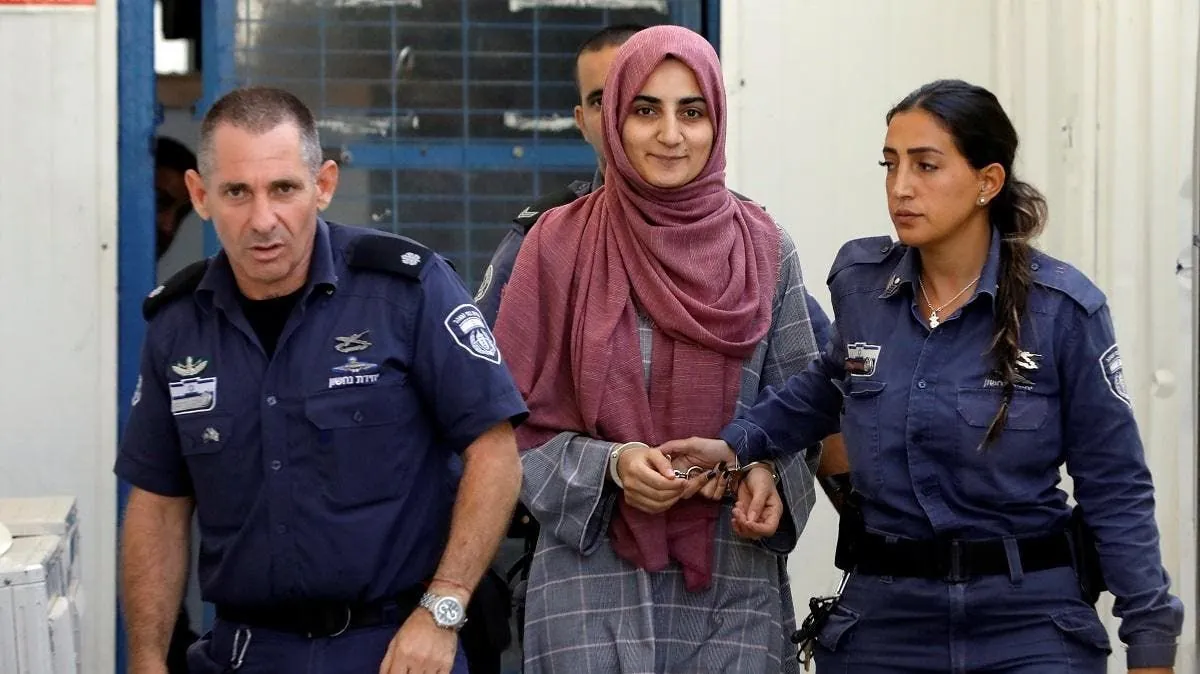Turkish authorities have apprehended an Australian citizen at Istanbul airport, alleging connections to the Kurdistan Workers' Party (PKK), a group designated as a terrorist organization by Turkey, the United States, the European Union, and Australia. The arrest, conducted by anti-terrorist police and intelligence officers, has brought attention to the ongoing conflict between Turkey and Kurdish militant groups.
Cigdem Aslan, a 51-year-old Australian national, was taken into custody as she prepared to board a flight to Australia. Turkish state media reported that Aslan was "actively involved in the Australian structure of the terrorist organization," without providing specific details of her alleged activities.
The PKK has been engaged in a conflict with the Turkish state for four decades, beginning its insurgency in 1984. This prolonged struggle has resulted in over 40,000 casualties and has had far-reaching implications for the region. The group, founded by Abdullah Öcalan in 1978, initially sought to establish an independent Kurdish state in southeastern Turkey but has since shifted its goals towards greater autonomy and cultural rights for Kurds.
Turkish media outlets have published images allegedly showing Aslan posing with PKK symbols, including the group's flag and a portrait of Abdullah Öcalan, who has been imprisoned on İmralı Island since 1999. These images are being presented as evidence of her involvement with the organization.
According to Turkish sources, Aslan held a leadership position in a PKK-affiliated association in Australia and participated in events organized by a Melbourne-based center described as a "mouthpiece" for the group. She reportedly took part in protests against Turkey's military operations targeting the PKK in northern Iraq and Syria.
The conflict between Turkey and the PKK has had significant regional implications. Turkey has conducted numerous cross-border operations into Iraq and Syria, targeting PKK-affiliated groups. These actions have strained Turkey's relations with some Western allies, particularly due to the role of PKK-affiliated groups like the People's Defense Units (YPG) in fighting against ISIS in Syria.
The PKK's tactics have evolved over the years, from guerrilla warfare to include urban warfare in recent times. The group has been accused of various illegal activities, including drug trafficking to finance its operations and the recruitment of child soldiers. Turkey has responded with extensive military campaigns, including the use of drones in its operations against the PKK.
The conflict has had a profound impact on southeastern Turkey, leading to significant displacement of Kurdish civilians and economic challenges in the region. It has also resulted in restrictions on Kurdish language and cultural expression within Turkey, further complicating the situation.
Australia's Department of Foreign Affairs and Trade has confirmed that it is "providing consular assistance to an Australian woman detained in Turkey." This incident highlights the complex nature of international Kurdish activism and the challenges faced by individuals of Kurdish descent living abroad.
The arrest of Cigdem Aslan raises questions about the extent of PKK support networks outside of Turkey and the reach of Turkish counter-terrorism efforts. It also underscores the ongoing tensions between Turkish authorities and Kurdish diaspora communities in various countries.
As the legal process unfolds, this case is likely to draw attention to the broader issues surrounding the Kurdish conflict, human rights, and the balance between national security concerns and individual freedoms. The international community will be watching closely as the situation develops, potentially impacting diplomatic relations between Turkey and Australia.
